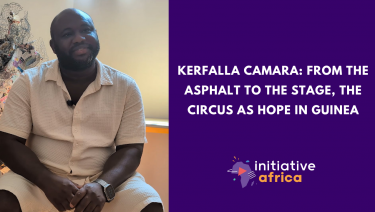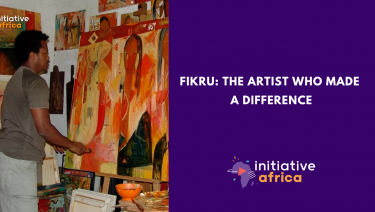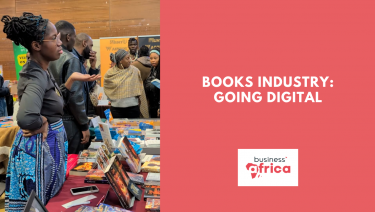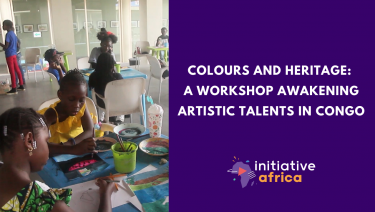Contemporary African Art
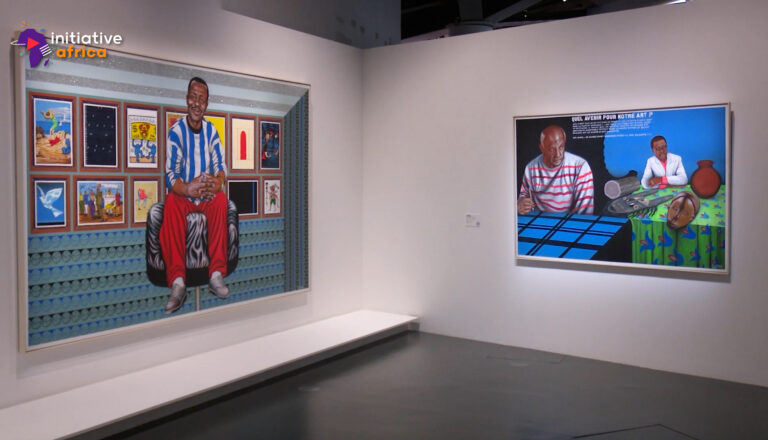
Heidi Ellison
“It is our time,” says Pardon Mapondera, a young Zimbabwean artist, referring to the worldwide upsurge in interest in contemporary African art on the part of collectors, galleries, auction houses and art fairs. Mapondera is one of over 150 emergings and established artists whose work will be shown at the 1-54 Contemporary African Art Fair in London on October 14-17.
Mapondera, who creates colourful abstract textile works and lives in Cape Town, South Africa, sees the newfound global interest in African art as being “driven by the larger trend of inclusivity, away from the previous Western-centric focus.”
Other artists participating in the fair credit communications technology with the newfound visibility and popularity of contemporary African art. Says Stephané E. Conradie, a Zambian sculptor who lives in South Africa, “Artists have the agency to publish their own work via social media and the Internet, curate their own exhibitions and form artistic collectives. The Covid 19 pandemic has proven how important it is to do this,” she says, adding “I am sure that this agency has led to many African artists becoming noticed … free from the confines of the art world’s economy and gallery systems.”
Ugandan sculptor Richard Atugonza agrees. “I can sit in my studio,” he says, “and someone from the United States is Instagramming me that they like my new piece.” He sees such global connections as key to bringing “unutilized resources to the surface. We are rich in stories that haven’t been told and rich in materials that haven’t been explored.”
“I think the time has come for Africa to write a new art history,” says Angèle Etoundi Essamba, a Cameroonian photographer living in Amsterdam who spotlights African women in her work. “We are witnessing the very rich and dynamic creativity of talented artists whose works question our world, politics, the environment.” With the emergence of social networks, she adds, this creativity can no longer go unnoticed.
While they don’t feel the need to be labelled “African artists”, these artists all take pride in their origins. “Being an African artist gives me a unique opportunity to draw attention to the various histories my identity and heritage are made up of,” says Conradie, “This goes for all artists under the African banner – we have diverse perspectives and aesthetics.”
Many of these talented artists find inspiration for both the content and materials of their work in their homeland. Pardon notes that many African artists are finding innovative ways to use materials that represent the societies they come from, such as recycled or discarded materials (like the world-famous Ghanian sculptor El Anatsui) or precious minerals.
Atugonza, who used to make his startlingly lifelike, fragmentary sculptures from burnt plastic, was inspired to switch to charcoal dust by a neighbour who made charcoal briquettes. She showed him how the “sculptural” briquettes were made, and he incorporated the process into his work. “When I created the first sculpture with it, I felt such an incredible growth in my work,” he says. “[It] came from my community, and I named the first piece ‘Limitless’.”
From the community to the unlimited, contemporary African art is finally taking wing.
Now that it’s out there, the only way is up.
See also
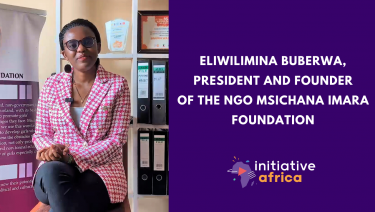
Eliwilimina Buberwa, president and founder of the NGO Msichana Imara Foundation
In this interview, Initiative Africa speaks with Eliwilimina Buberwa, founder of the NGO Msichana Imara Foundation, which is dedicated to combating period poverty in Tanzania. Drawing on her own experience, she explains how the lack of information, products, and adequate infrastructure still deprives millions of young girls of their right to education. This is a crucial discussion on a public health, gender equality, and social justice issue at the heart of rural communities. Journalist: Alexandra Vépierre
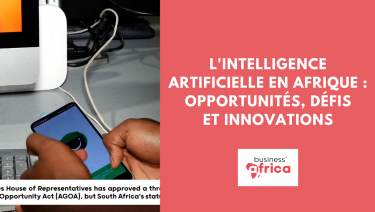
Artificial intelligence in Africa: opportunities, challenges and innovations
Artificial intelligence is reshaping the global economy — and Africa is no exception. In Cameroon, the startup Comparo is helping small and medium-sized businesses stand out in the e-commerce space, thanks to accessible AI-driven tools that streamline web creation and customer targeting. But beyond the promise, AI raises serious concerns: data control, technological dependency, social divides… This report dives into the local innovations and global challenges shaping Africa’s digital transition.
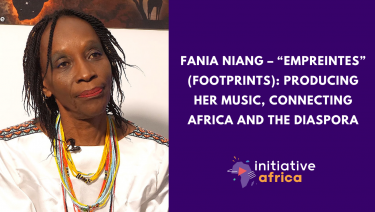
Fania Niang – “Empreintes” (Footprints): producing her music, connecting Africa and the diaspora
With Empreintes, her fifth album, Fania Niang presents an intimate and socially engaged body of work, recorded in Dakar and self-produced for the first time in her career. In this interview, she reflects on her journey between Africa, Europe and the United States, the challenges of independent production, and the musical connection she built with Senegalese musicians who have transcended cultural boundaries. She also shares her perspective on today’s African music scene, the dialogue between diaspora artists and the continent, and her desire to give back by sharing knowledge, experience and creative vision. A powerful conversation about music as memory, identity and transmission. Journalist: Laurence Soustras
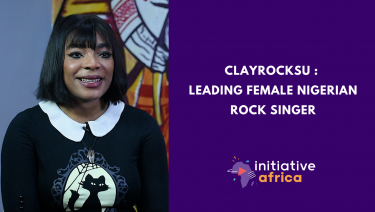
CLAYROCKSU, leading female Nigerian rock singer
She grew up singing in church and ended up fronting Nigeria’s rock scene. In this exclusive interview, Clayrocksu opens up about what it means to be a rock artist and a woman in a country dominated by Afrobeats. From her early days mixing Igbo and English lyrics, to building a community of Afro-rock musicians, she shares how music became a form of rebellion, healing, and identity. Between faith, family, and fire, her voice carries a message for all the misfits who refuse to fit in. Journalist: Sharafa
